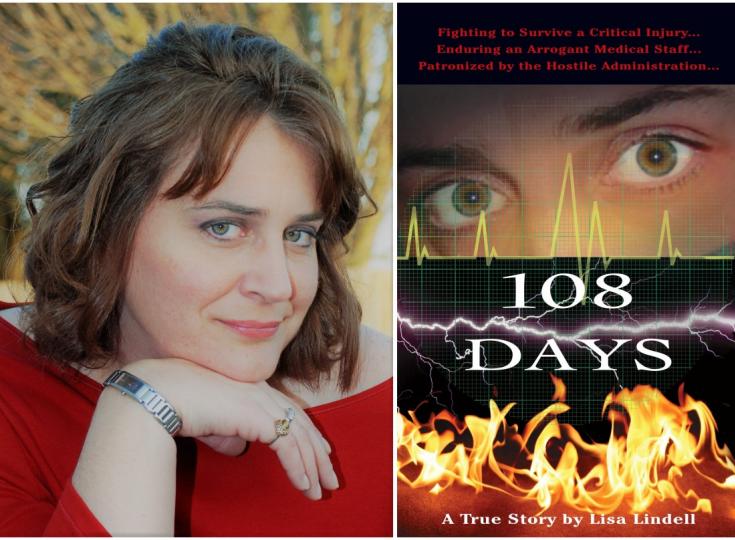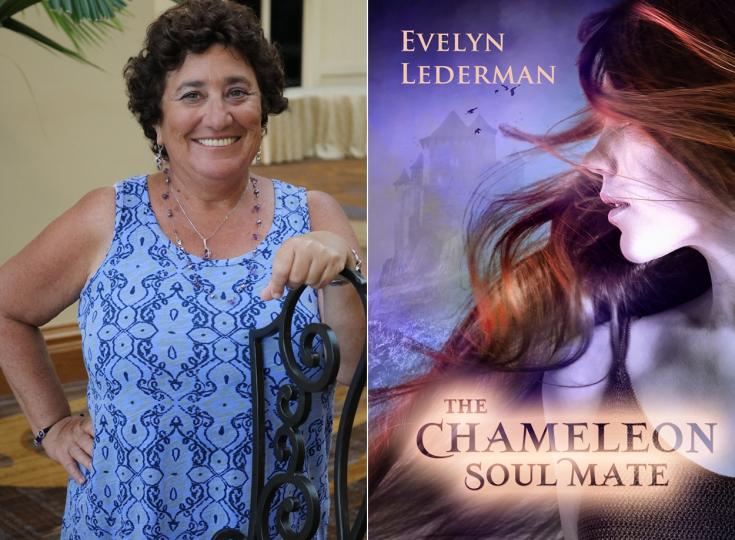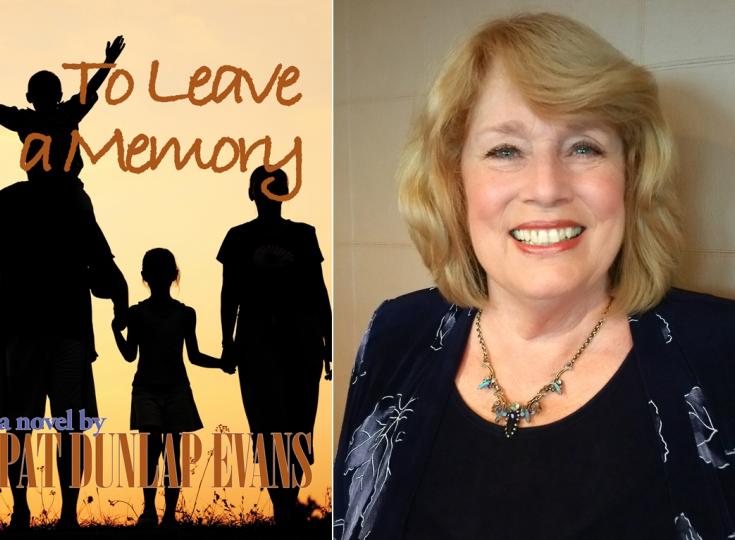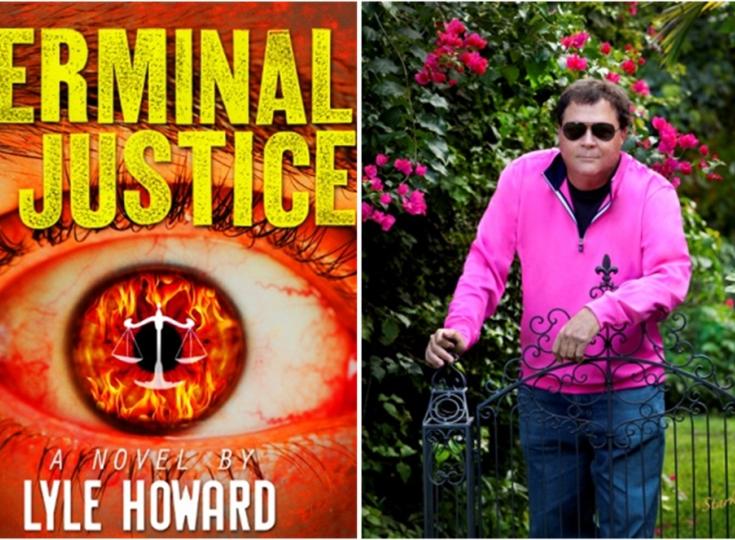Lisa Lindell - Writing Compelling True Stories

Lisa Lindell, author of 108 Days, recently completed the manuscript for her second book. Inspired by her own experiences, Lisa only writes compelling true stories. Lisa’s grandmother gave her a copy of Not Without My Daughter, by Betty Mahmoody, when she was a teenager. At the time, Lisa was voraciously reading Judy Blume and Hardy Boys books. “It made a spectacular impression on me. I grew up in Michigan. Reading about the incredible experiences of a Michigan housewife, learning things I could never imagine existed, was stunning to my young mind. With every page, I was learning about the real world. I cried when she entered Turkey. I never read another Judy Blume book.” “I hope my stories motivate, comfort, educate, or simply entertain you. I’m so happy to share them.” Lisa works in finance, has two adult children, and is an avid poker player. As our Author of the Day, she tells us all about her book, 108 Days.
Please give us a short introduction to what 108 Days is about.
108 Days is the length of time my husband spent hospitalized with burn injuries. This book details my bird's eye view of his course of treatment, and reveals how dangerous hospitals are for patients. I was shocked by the carelessness with human life.
What inspired you to write this book?
I wanted to share our story because I'm not proud of our healthcare system and would never want another family to experience this type of treatment. I was hoping to inspire awareness.
Tell us more about the accident that caused your husband to end up in the hospital.
He was working on an electrical panel that shorted, the shower of sparks that erupted lit his clothes on fire.
After your ordeal, do you still trust the healthcare system?
No, not only as a result of our "ordeal" but coupled with my years of activism and everything I've learned since, absolutely not.
Readers say this book reads like a thriller. How did you pull this off?
The story really tells itself, I simply wrote it down. I kept notes on a calendar on the wall in his hospital room, the intent was so I could tell him about the parts of his life that he missed. Just jotted messy little notes to myself. They became this book. It was non-stop.
Besides writing, what other secret skills do you have?
I'm an avid poker player, not saying I'm any good but it's a serious hobby of mine.
What would your advice be to someone who has a loved one in hospital?
You really need an advocate in a friend or family member, preferably several, to take turns managing your care and working with the clinicians, patients need somebody actively involved in managing their treatment. If you don't have that, make sure everybody coming in your room washes their hands. Seriously, that's the #1 piece of advice if you're on your own.
Why, would you say, is it important to expose problems in the healthcare industry?
Oh my, there's so many reasons and so many problems. The system itself is not designed to take care of our population's health, it's designed to make money. To do things to us. We need a healthy population in order to prosper for future generations. This is bigger than you or me or a book, this is about our great great-grandchildren and what world will they be living in?
The costs alone, the costs of healthcare, are crippling us. Every single one of us has been negatively impacted by the costs of healthcare, for decades now, with no end in sight. It's broken the backs of the middle class. Compensation for treatment needs to shift to compensation for outcomes and efficiency. This is just one example. The list is a long one and in totality what we have is a system that has failed the population, for decades it's failed. The root cause is money. A true market-driven system, in a capitalist country, has the consumer as the driver. In healthcare that consumer is the patient, but the patient is not the driver. We don't have a choice, or transparency, or competition, nothing. We are not in control, and that is to our great detriment as a nation. Financially and physically.
This isn't about a bad doctor or nurse, it's about a bad system.
Readers say that the book was also written with compassion and humor. Why did you take this approach?
That's just my personality. I usually try to find the bright side, tend to take things in stride, and have a sarcastic sense of humor. Compassion is easy, somebody I loved dearly was suffering needlessly. I was on it.
Why did you title this book "108 Days"?
That's how long he was in the hospital.
Please tell us more about the cover and how it came about.
My husband wanted my eyes on the cover because I was "looking over him." I wanted flames, not because he was burned but because that's how angry I was. Those are flames of rage and rage is fuel. The book designer added the heartbeat monitor and an electric bolt.
Do you have any interesting writing habits? What is an average writing day like for you?
Once I start, I can't stop. I usually write at night and mostly late into the night. I don't work on one paragraph or one chapter for an hour or two. It's 6-10 hours at a time, and I always start at the beginning.
What are you working on right now?
Editing and publication of "108 Days Later: The Book of Bad Decisions," which is the sequel to "108 Days." I'm also collaborating with a poker player on book three, authentic Vegas with poker. I only write true stories.








